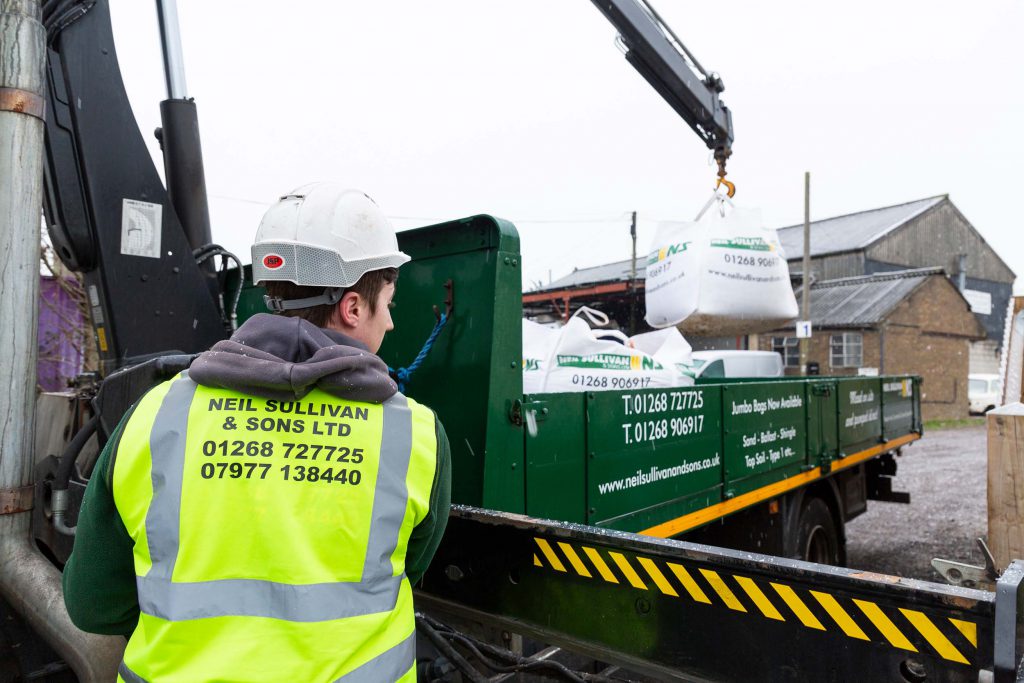Can You Use Ready-Mixed Mortar for Pointing?
Old brick and stone buildings are generally robust and, when looked after properly, able to stay strong and habitable for centuries. However, over time, certain maintenance works are inevitably going to be required to ensure the integrity of the construction and to keep rain, draughts and other elements at bay.
One common bit of maintenance – and one you might see recommended in your surveyor’s report when you’re buying a house – is repointing the brickwork in the walls of a house or perhaps even an old garden wall.
- Video Credit: Repointing Old Brickwork – Best Mix & Tools
Pointing is something an experienced DIY enthusiast should be able to take on, although choosing the right mortar for the job is not always as straightforward as you might think. One question we are regularly asked is whether ready-mixed mortar would be suitable.
In this article, we’re going to explore this common dilemma. But first, it’s worth reminding ourselves of what pointing involves, along with exploring exactly what mortar is and how it differs from concrete and cement.
What is pointing?
Pointing is the act of filling in gaps between bricks and stones when old mortar has cracked, weathered or been worn away. Repointing can refresh the look of the wall or building, while also helping to protect the joint from the elements and give the wall renewed strength.
The differences between cement, concrete and mortar
- Cement is a binder that is used to hold together the different ingredients in concrete and mortar. It is made up of a number of different materials, including chalk, blast furnace slag, limestone, clay, and more, which are ground together to make a fine powder. The most common form, known as Portland cement (because of its similarity to Portland stone), is manufactured by heating clay and limestone to form clinker, which is ground and mixed with 2 to 3% of gypsum.
- Concrete is a mixture of cement and water with aggregates – usually sand and gravel. The cement holds the other elements together, while the aggregates give it the strength that makes it such a common and useful material in general construction.
- Mortar is, like concrete, a mixture of cement, water and aggregates. However, there are far fewer aggregates and they will always be much finer, usually building sand. As a result, it doesn’t have anything like the strength or durability of concrete, meaning that it can’t be used on its own in construction in the way that concrete is. Instead, it is used to bind bricks, stones, blocks and other materials together.
Can you use ready-mixed mortar for pointing?
In theory, it’s perfectly sensible to use ready-mixed mortar for pointing. However, if doing so, it’s recommended that you only use it for small areas. Larger jobs are more likely to need a specific type of mortar – for instance, you can get mortars with different strengths that are compatible with different types of brick and stonework, or more specifically suitable for large commercial buildings.
Many people, when selecting or mixing their mortar, go for a strong mix in the belief that it will last longer. This is a common error.
The rule of thumb is that the mortar should be more permeable and should not set harder than the brick or stone it is supporting. If the mortar doesn’t absorb moisture, then it will pass through the bricks instead, speeding up their rate of decay. And if it’s stronger than your masonry, then it’s the latter that will be most likely to crack or develop other mechanical damage.

You need to take particular care with older buildings, as you should be aiming to match the original mix. Many older buildings contain a more lime-based mortar. Using a modern, cement-rich – and harder – variety might seriously impact the ability of the building to ‘breathe’ and allow moisture to escape.
If you’re not sure about the right mortar to use for your project or application, it’s strongly advised that you get the advice of an expert before starting. That’s because, as we’ve already alluded to, using the wrong type of mortar could actually do more harm than good to the building or wall you’re trying to improve.
Incidentally, it’s always worth avoiding repointing during winter as the new mortar is liable to crack or crumble at low temperatures.
Here at Neil Sullivan & Sons, we’re your local experts for everything to do with concrete services and essential supplies for your construction work, with our online store containing everything you need to mix an effective mortar for most pointing jobs.
For further information, get in touch with our expert team today, or place your order online now for fast delivery or collection from our yard in Wickford, Essex.